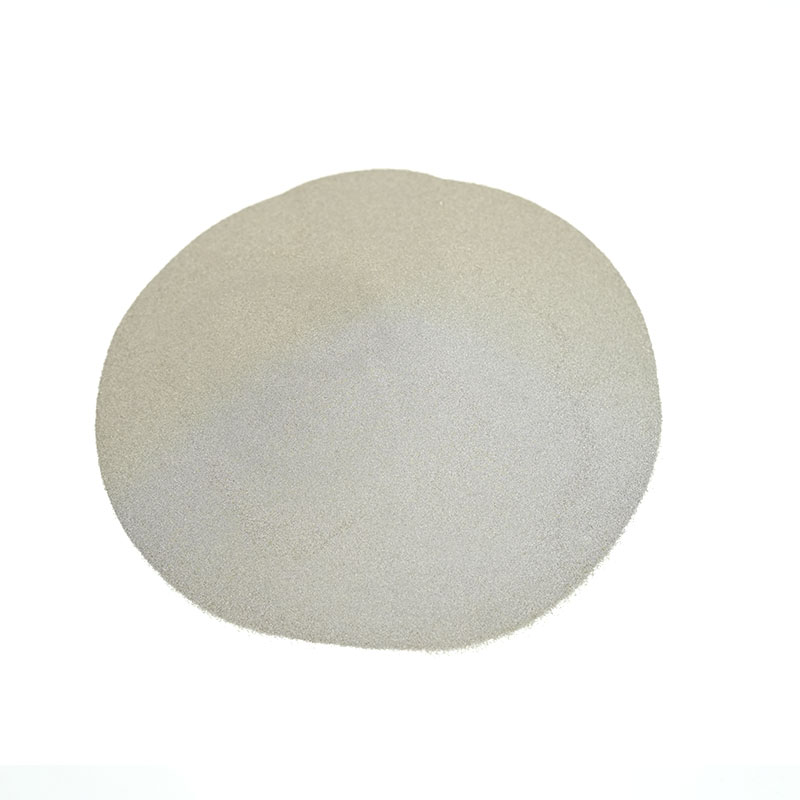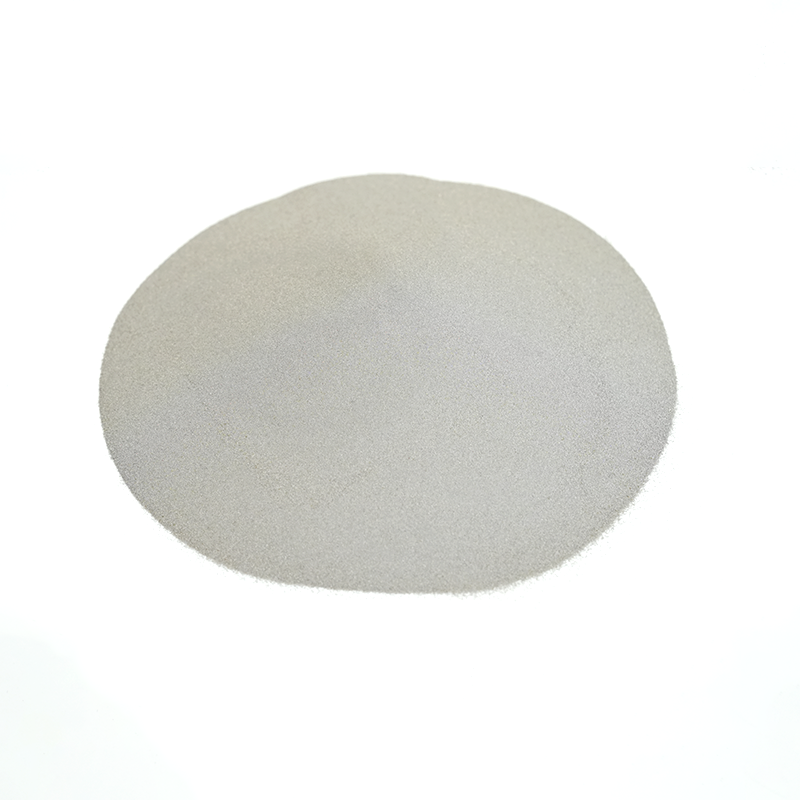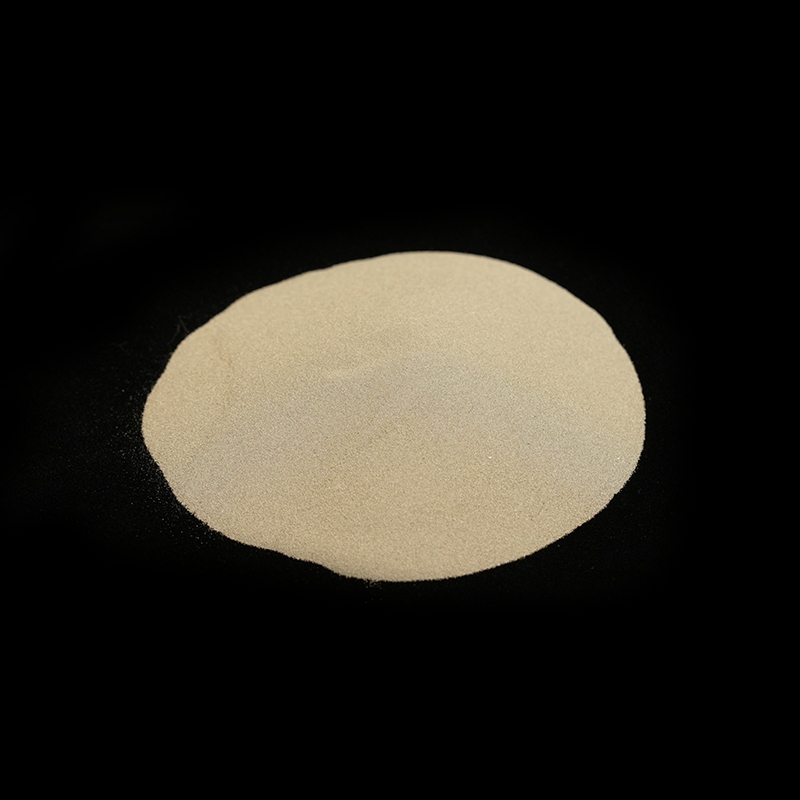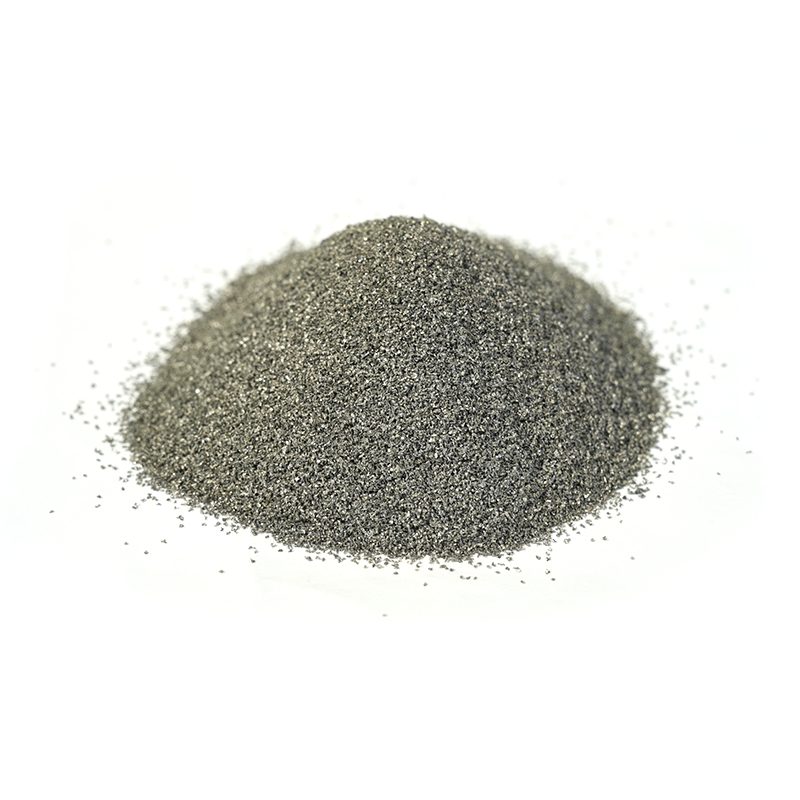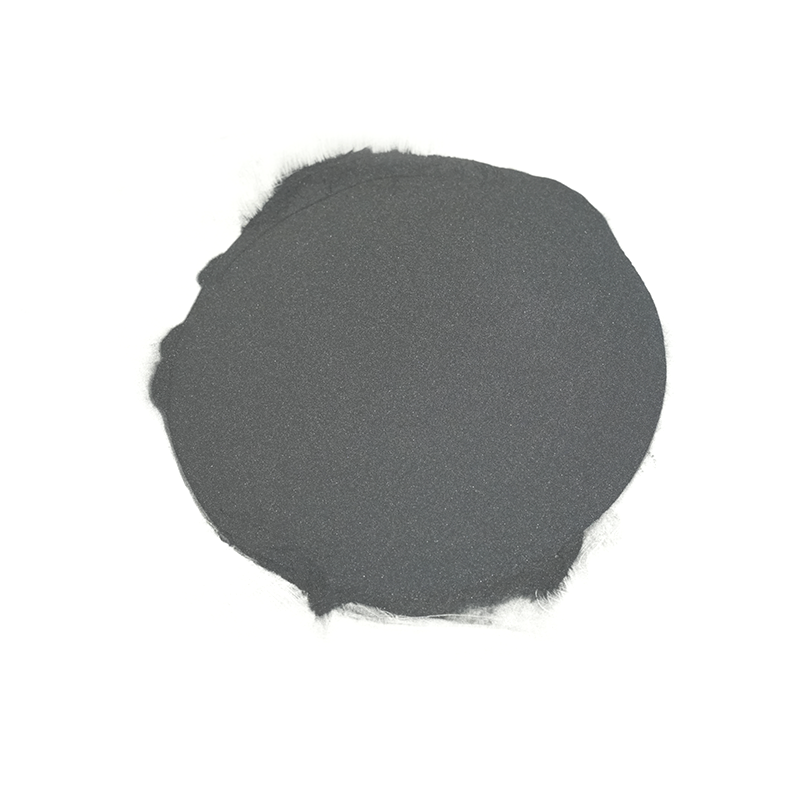In the ever-evolving landscape of manufacturing, the use of advanced materials has become pivotal in driving innovation and efficiency. Among these materials, alloy powder stands out as a cornerstone, revolutionizing how industries approach production, design, and performance. But what exactly is alloy powder, and why has it garnered such prominence in modern manufacturing processes?
Understanding Alloy Powder
At its core, alloy powder consists of finely milled particles created from a blend of metals or a combination of metals and non-metals. The precise composition and particle size of these powders are meticulously controlled to meet specific industrial requirements. Alloy powders are synthesized through various methods, including atomization, chemical reduction, and mechanical alloying, each tailored to achieve optimal properties for targeted applications.
The Multifaceted Role of Alloy Powder
Alloy powders have become indispensable in contemporary manufacturing due to their versatility and ability to meet stringent demands. Below, we explore their critical roles:
1. Facilitating Additive Manufacturing
One of the most transformative applications of alloy powder lies in additive manufacturing (AM), often referred to as 3D printing. In this context, alloy powders serve as the foundational material for fabricating intricate components layer by layer. This approach enables unprecedented design freedom, reduces material wastage, and accelerates prototyping and production cycles. Industries such as aerospace, automotive, and healthcare leverage alloy powders in AM to produce high-performance parts with complex geometries and tailored mechanical properties.
2. Enhancing Surface Engineering
Surface engineering, which focuses on modifying the properties of a material's outer layer, benefits significantly from alloy powders. Techniques such as thermal spraying and laser cladding utilize these powders to coat surfaces with materials that enhance wear resistance, corrosion protection, and thermal stability. This application extends the lifespan of components and improves their performance in harsh environments.
3. Optimizing Powder Metallurgy
Powder metallurgy (PM) represents another critical area where alloy powders play a transformative role. PM involves pressing and sintering alloy powders to produce dense, high-strength components with minimal material waste. This method is particularly advantageous for producing gears, bearings, and structural components that require precise dimensional accuracy and exceptional mechanical properties.
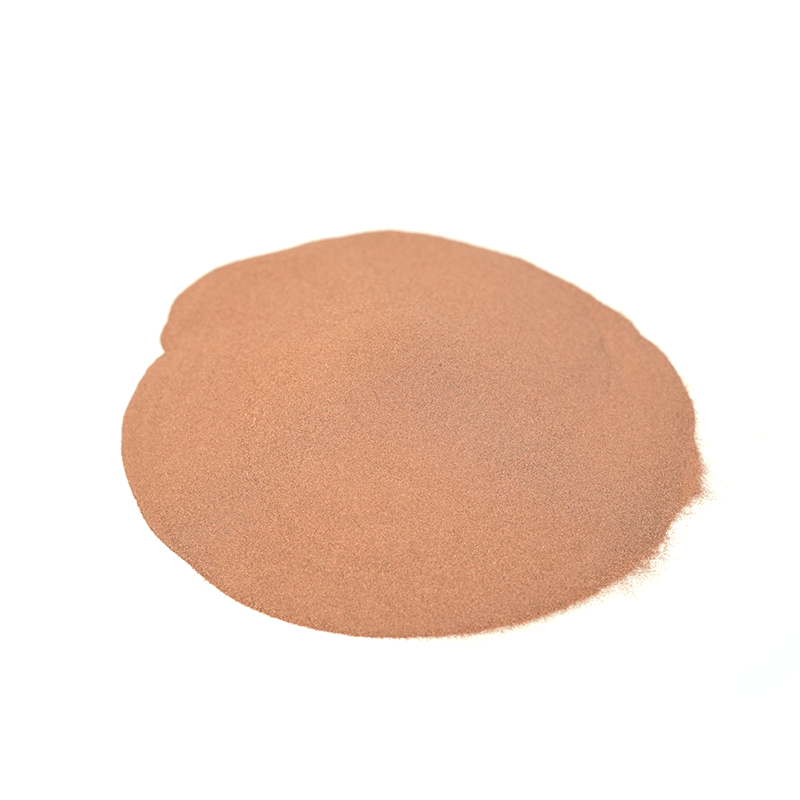
4. Advancing Energy Storage Solutions
The energy sector is increasingly relying on alloy powders to enhance the efficiency and capacity of batteries and fuel cells. For instance, alloy powders are used in the production of electrodes and catalysts, contributing to the development of next-generation energy storage and conversion systems. These advancements support the global shift toward sustainable energy solutions.
Benefits of Alloy Powders in Manufacturing
The integration of alloy powders into manufacturing processes offers a plethora of benefits, including:
Material Efficiency: Alloy powders allow for near-net-shape production, minimizing waste and reducing costs.
Customization: Tailored compositions enable manufacturers to achieve specific performance characteristics.
Enhanced Properties: Components produced with alloy powders exhibit superior strength, durability, and resistance to environmental factors.
Sustainability: The reduced material usage and energy-efficient production methods align with environmental sustainability goals.
Challenges and Future Directions
While alloy powders offer numerous advantages, challenges such as high production costs, quality control, and scalability persist. However, ongoing research and technological advancements aim to address these hurdles. The development of cost-effective production methods and innovative alloy compositions will further expand the scope of applications for alloy powders in the years to come.
The role of alloy powder in modern manufacturing processes cannot be overstated. Its versatility, coupled with its ability to drive innovation, positions it as a critical enabler of progress across multiple industries. As manufacturing continues to evolve, alloy powders will undoubtedly remain at the forefront, shaping the future of production and material science.


 English
English русский
русский عربى
عربى
